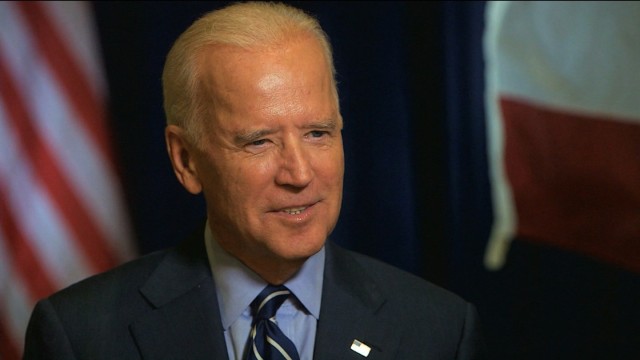Story highlights
- Gloria Borger: Voters are much less patient with politicians than in the past
- They want a government that will act effectively to solve problems
- She says strategists saw Democrats lose ground in polls after Obama's ISIS strategy comment
- Borger: Uncertainty over Ebola response also hurt the Democrats
Back in 1994, when Newt Gingrich led the GOP to take over the House, it was historic. A sea change. An earthquake.
Why? Because Democrats had held control of the House for the previous 40 years. As in four decades. Imagine that.
Hard to believe it ever worked that way. Now voters demand change elections more often than they don't. Consider this: Republicans win the Senate in 2002, then lose it in 2006. The Democrats hold the Senate until losing control of it last night -- predictions are that they might be in a good position to take it back in two years.
At some point, someone might start listening: Voters are steaming. They're anxious. They're also not expecting Democrats and Republicans to suddenly write poetry together. But here's one thing they do expect: competency. As in: figure out a way to do your job without continually kicking the proverbial cans down the road.
In a pre-election interview with CNN earlier this week, Vice President Joe Biden told me that the "President and I have to figure out how to better communicate." That may be true, but what happened last night is not a communications problem. It's a governing problem. Almost 8 out of 10 voters who voted yesterday don't trust the government to do the right thing -- and the president runs the White House and his party controlled the Senate.
So the voters, done with hope, voted change.
The reason these races went down to the wire -- until the tidal wave became obvious when Democrats couldn't elect governors in blue states -- is that the voters didn't like either the Democrats or the Republicans. But, as it turns out, when given the chance to express a preference, they decided they disliked President Obama the most, and sent the message loud and clear.
Sure, the larger issues of the economy and health care loomed large. Two thirds of the country thinks the nation is headed down the wrong track. But the signal was loud and clear to Washington: Figure out a way to get us going in the right direction.
Oddly enough, for a midterm election, the turning point came on a foreign policy matter. Sources in campaigns for both Democrats and Republicans tell me they agree on this: When the President said he didn't have a strategy for ISIS in Syria in late summer -- and then followed up by saying the administration had underestimated the strength of ISIS -- polls started to shift.
Then came Ebola, and the shift continued. "After he said that stuff, we all began to look at it very hard," said one GOP strategist with a couple of wins under his belt today. "It was about refusing to take bold steps on big problems. It wasn't a fluke, and that's what we drove home."
It worked. With one Republican strategist describing the disastrous Obamacare website rollout as "The Number One driver" of the competency issue, the narrative was set. Obama seemed afloat, the world out of control. And a Democratic strategist confirms their numbers starting going south at that time too. "It was like defying gravity," he told me. And that's exactly why Democrats separated from Obama. Only it didn't work.
The question for Democrats now is whether the Obama coalition survives without Obama. Right now, the party looks like a group of managers who have sliced up the electorate into gettable constituencies: women, minorities, young voters.
But in this election, the Republicans had a fresher playbook -- talking to suburban women worried about health care, with a good pack of candidates, and an improved political operation.
Here's the rub: For a midterm election, it works to be the party simply against the incumbent. But there wasn't any Republican game plan for the future. And there sure doesn't seem to be a Democratic one, either.
At some point, the voters have to start believing the government -- and the people who are supposed to be running it -- works. Or they will hold their noses and vote for change. Again.
Follow us on Twitter @CNNOpinion.
Join us on Facebook/CNNOpinion.






